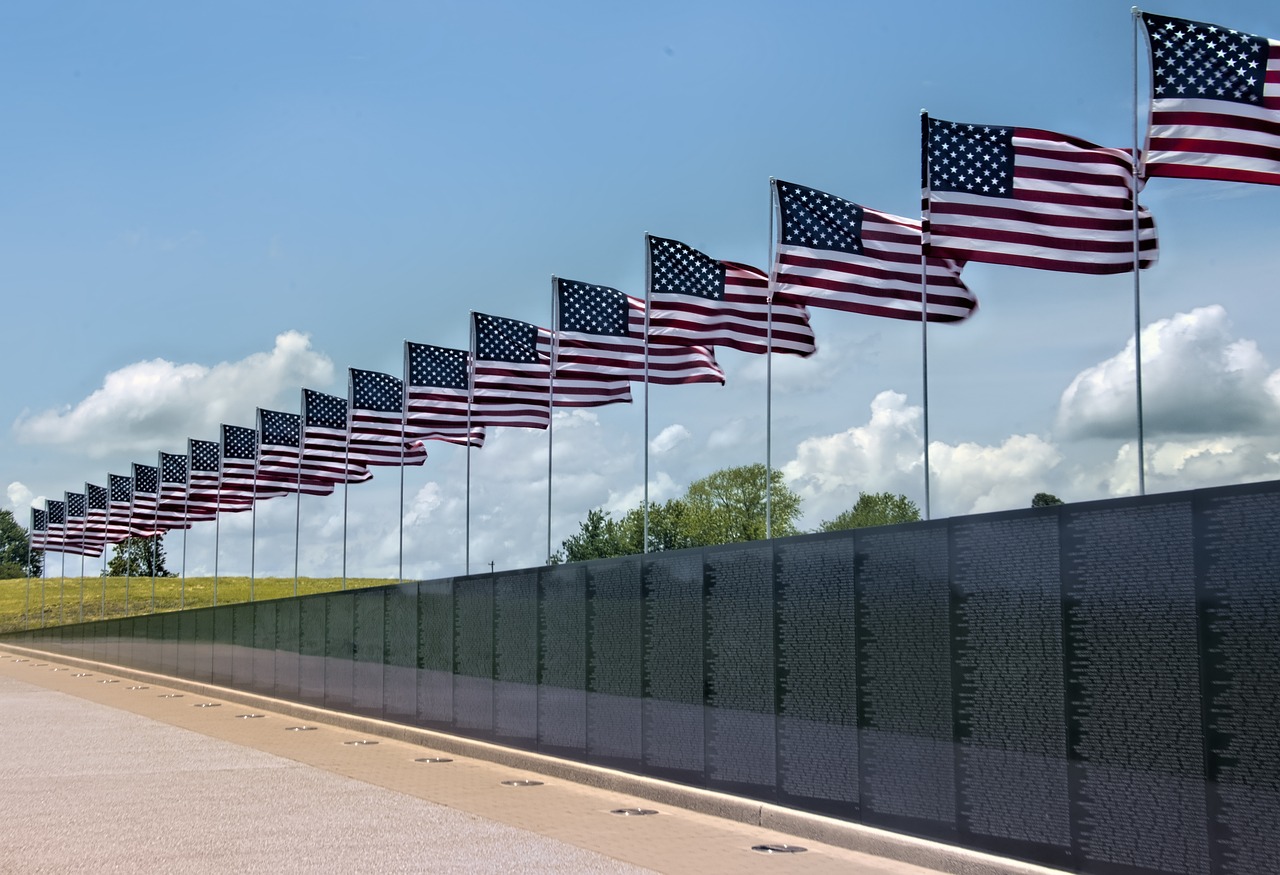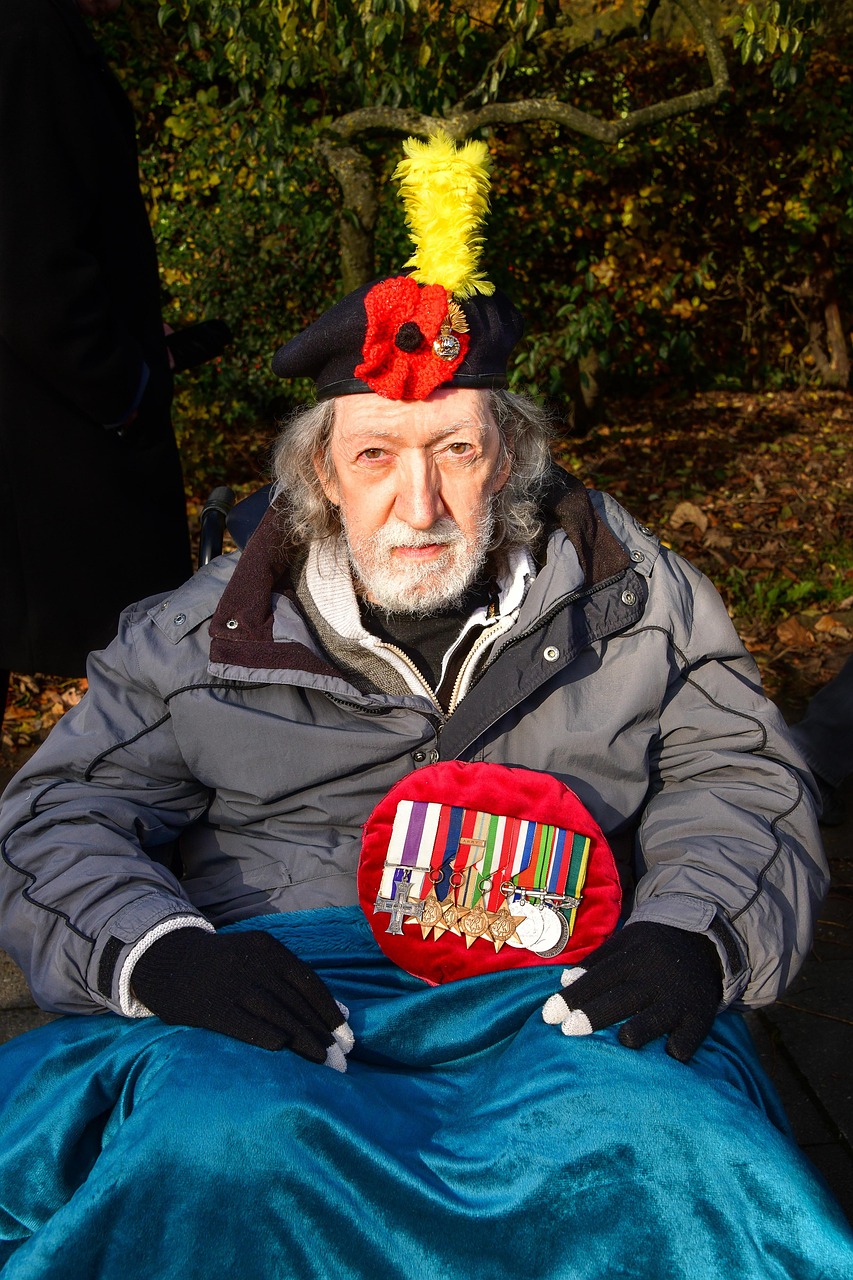Vietnam Veterans Day is an important occasion to recognize the sacrifices and service of the men and women who served in the Vietnam War. Observed every year on March 29, it serves as a reminder of the courage, hardships, and lasting impact that the Vietnam War had on those who served, their families, and the nation as a whole.
The Significance of Vietnam Veterans Day
Vietnam Veterans Day holds great significance for the veterans who served during the Vietnam War, as well as for the broader community. On this day, we honor the brave individuals who risked their lives in a foreign land, often facing difficult conditions, controversy, and adversity both abroad and when they returned home. It also serves as a time to reflect on the collective memory of the war, which, for many, was a painful chapter in American history.
The Vietnam War was the longest and one of the most divisive conflicts in U.S. history, lasting from 1955 to 1975. More than 58,000 American soldiers lost their lives in combat, and many more were wounded, physically and psychologically. In addition to those who lost their lives or were injured, countless others returned home with the invisible scars of war, including post-traumatic stress disorder (PTSD), which affected their lives for years after the conflict ended.

In 2012, the U.S. Congress officially designated March 29 as National Vietnam War Veterans Day to ensure that Vietnam veterans receive the recognition they deserve. The date was chosen because it marks the anniversary of the last American combat troops leaving Vietnam in 1973.
Why March 29?
The choice of March 29 is symbolic. On this date in 1973, the United States officially completed its withdrawal of combat troops from Vietnam under the terms of the Paris Peace Accords. This date is significant not only because it marks the end of the American military presence in Vietnam but also because it serves as a reminder of the challenges that veterans faced both during the war and after their return home.
The withdrawal was not without its complexities. The war had been highly controversial, and many soldiers returning home were met with hostility and disdain by the public. Unlike veterans of World War II or the Korean War, Vietnam War veterans were not always met with open arms upon their return. The division and opposition to the war meant that those who served in Vietnam often faced scorn and neglect, adding to the trauma they experienced.
The Importance of Recognition
The recognition of Vietnam Veterans Day is an essential step toward healing and reconciliation. For decades, many Vietnam veterans felt overlooked, forgotten, or even ostracized. Many came back from war to find that their service had not been acknowledged in the same way as other wars. Over time, however, there has been a growing recognition of their sacrifices, and events like Vietnam Veterans Day provide an opportunity for the country to show its appreciation.
The Vietnam War had a profound impact on those who served, and recognizing their experiences is crucial in addressing the long-term effects of the conflict. Veterans of the Vietnam War were among the first to face widespread issues related to PTSD, substance abuse, and the challenges of reintegration into civilian life. Many also faced health issues related to exposure to Agent Orange, a toxic herbicide used during the war.

As the Vietnam generation of veterans ages, it is more important than ever to honor their service, not just through ceremonies but also by supporting them with the resources and care they need, particularly in dealing with the mental and physical health challenges that often persist long after the war’s end.
Commemorating Vietnam Veterans
Across the United States, communities gather on Vietnam Veterans Day to remember and pay tribute to those who served in the conflict. Events vary, from large-scale ceremonies with veterans, active military personnel, and public officials to smaller, more intimate gatherings that bring together family members, friends, and neighbors of veterans.
One of the most powerful symbols of remembrance is the Vietnam Veterans Memorial in Washington, D.C. The memorial, often referred to simply as “The Wall,” is a moving tribute to the 58,000+ soldiers who died in the war. The black granite wall bears the names of the fallen, providing a space for families and veterans to mourn and reflect. The memorial serves as a focal point during Vietnam Veterans Day ceremonies, where veterans gather to honor their fallen comrades.
In addition to public ceremonies, many organizations and institutions offer resources to veterans on this day, such as counseling, social support, and medical assistance. Nonprofits and veteran groups work year-round to raise awareness about the needs of Vietnam veterans, and Vietnam Veterans Day gives these efforts a platform.
Teaching the Next Generation
Another critical aspect of Vietnam Veterans Day is its role in educating younger generations about the history and significance of the war and the sacrifices made by those who served. While the Vietnam War took place decades ago, the effects of the conflict are still felt today. Ensuring that younger Americans understand the complexities of the war and the resilience of those who served is essential in preserving the legacy of Vietnam veterans.
Schools, museums, and other institutions often hold educational events on Vietnam Veterans Day, helping to create a connection between the past and the present. It is an opportunity to teach young people about the importance of service, the impact of war on individuals and society, and the importance of recognizing and supporting our veterans.

Moving Forward: Supporting Our Veterans
As we honor Vietnam Veterans Day, it is crucial to remember that the fight for recognition and support for veterans doesn’t end with the ceremony or the parade. The men and women who served in the Vietnam War continue to face challenges, and we must ensure that they have access to the care, resources, and recognition they need.
Vietnam Veterans Day serves as a reminder of the sacrifices made by those who served in the Vietnam War, but it is also a call to action for the nation to continue supporting veterans of all wars. The legacy of the Vietnam War is one of both suffering and resilience, and by recognizing and celebrating the service of these veterans, we honor not only their bravery but also the enduring spirit of all those who serve in the U.S. military.
In conclusion, Vietnam Veterans Day is more than just a day of remembrance. It is an opportunity for the nation to come together, reflect on the past, and show gratitude to those who sacrificed so much in service to their country. It is a time to ensure that the legacy of Vietnam veterans is honored, and their contributions are never forgotten.
